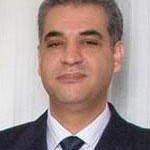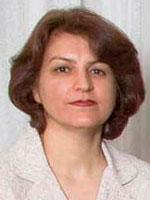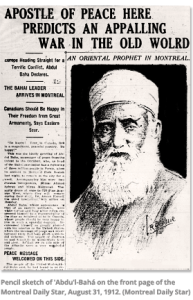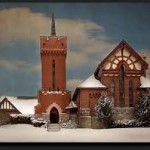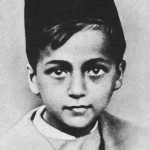It’s Day 4 of 7. I’m thinking of this man, previously unknown to me, who is among the seven innocent Baha’is now entering their eighth year of imprisonment in two Iranian jails. He — and his six partners in the most benevolent, world-minded sort of “crime” you could imagine — are the focus for the international #7Bahais7Years campaign, and this is my attempt to honour Mr. Naeimi. This probably isn’t what Danny and Pej had in mind; the bulk of the campaign they asked me to contribute to involves social media, an area where I have only narrow and entry-level eptitude. These friends, among others that I’m close to, have only 1 or 2 degrees of separation from these sacrificial lions. The Seven are enemies of an insecure state simply because of their membership in an often-ostracized community, which has been subject to nearly two centuries of bigoted slander from the entrenched shiah orthodoxy in what was once Persia, now Iran. I learn more of this tragic, heroic and underreported story of the Quietly Magnificent Seven, prisoners of conscience in Iran for a week of years. I call to remembrance people that I don’t know, because when I read their stories, they are no longer strangers.
When I was young, I thought I wanted to be a doctor. So did Afif Naeimi. I was undone, for most medical schools, by my underwhelming performance in university chem and biology labs. At the progressive school I came the closest to being selected for, my clumsy interview performance likely roasted my goose. Mr. Naeimi? Now that’s a different story. He’s 53 now, which means that when he graduated from high school, a superb student, the Islamic Republic of Iran was in place, and a member of the “detestable Baha’i sect” was automatically disqualified from university. This is still the case in 2015.

